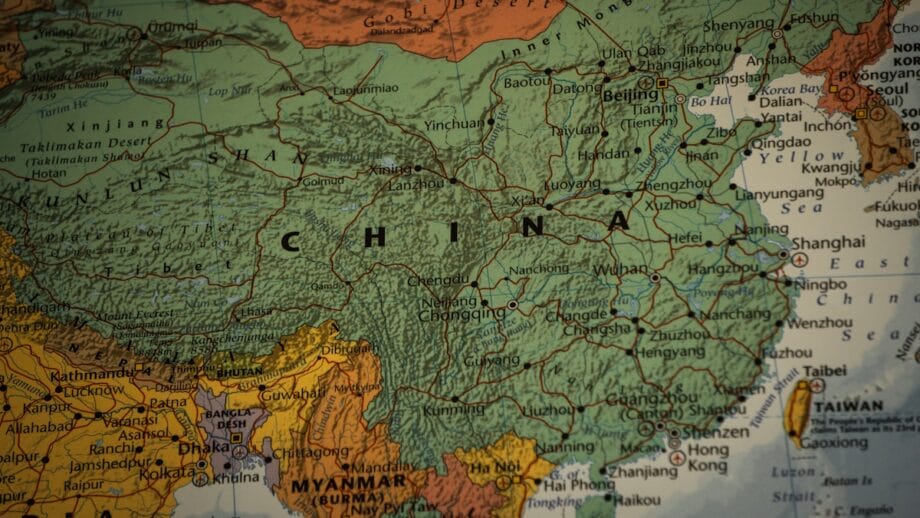Legislative Struggles Over U.S. Technology Exports to China
Since September of the previous year, U.S. lawmakers have made repeated efforts to rectify a substantial loophole that enables China to bypass export bans on cutting-edge American AI chips by leasing such technologies through U.S. cloud service providers.
Despite four attempts to ameliorate this situation, all initiatives have met with failure, primarily due to vigorous lobbying by technology firms and their associated trade organizations, with more than 100 lobbyists active, as reported in disclosure documentation.
As eminent officials from the U.S. and China get ready for a pivotal meeting, the ongoing trade of technology to China presents a formidable challenge for U.S. policymakers, with far-reaching national security and economic ramifications at stake.
An investigation conducted by the Associated Press has revealed that the U.S. government, across a spectrum of administrations, has often adopted a permissive policy, allowing American businesses to sell technology to diverse Chinese governmental entities, including law enforcement, despite persistent concerns regarding human rights and security matters.
Legislative attempts aimed at mitigating these loopholes have frequently been sidelined. While U.S. export regulations restrict the sale of advanced chips, China successfully imported $20.7 billion in chip-making apparatus from American firms in 2024, bolstering its ambition to advance its domestic technology sector.
This hesitance to act can be chiefly attributed to the overwhelming financial clout of the technology sector, which has witnessed an elevation in its influence during the administration of Donald Trump.
Recent agreements reached between the government and tech giants such as Nvidia and AMD to ease export restrictions in return for a share of revenues have further escalated concerns among national security experts.
Zhou Fengsuo, a long-standing Chinese activist and a vocal participant during the Tiananmen protests, expressed his discontent with the U.S. government’s current stance. He asserted that American corporations prioritize profits over ethical considerations on a global scale.
Zhou urged Congress to scrutinize the extent to which U.S. technology firms contribute to empowering China’s surveillance apparatus, which has facilitated egregious human rights violations.
His testimony highlighted the incongruence between the belligerent rhetoric directed at China and the absence of substantial legislative action aimed at mitigating technology exports that contribute to citizen monitoring and oppression.
Lobbying expenditures by U.S. tech and telecom corporations have surged into the hundreds of millions over the past two decades, underscoring their considerable political leverage.
Proponents of stricter regulations contend that permitting tech exports to China fortifies its global standing in artificial intelligence, while jeopardizing U.S. economic interests.
Competing firms like Nvidia argue that impositions would simply empower foreign competitors and hinder domestic job growth.
Investigations through public records requests and extensive interviews have revealed that Chinese companies, even those sanctioned by the U.S. for human rights infractions, continue to gain access to cloud platforms for advanced analytical and surveillance purposes.
Prominent providers, including Amazon Web Services and Microsoft Azure, offer services that enable sanctioned entities to function beyond the scope of U.S. regulations.
The legislative trajectory concerning technology sales post-Tiananmen has illustrated stark inadequacies in tackling ongoing dilemmas.
Previous attempts from 2006 to 2014 to reinforce controls on surveillance technologies have consistently crumbled, with many policymakers attributing the failure of these initiatives to the financial lobbying efforts exerted by technology firms.
Efforts to regulate the sale of technologies perceived as instruments of repression have been further impeded by government officials with close ties to the tech industry, as well as contradictions within U.S. policies that often prioritize foreign business interests over human rights concerns.
Activists and lawmakers alike have condemned the U.S. for facilitating China’s authoritarian regime through the unregulated sale of pivotal technologies.

As demands for accountability intensify, the discourse surrounding U.S. technology exports to China unveils a complicated interplay between economic aspirations, national security, and ethical obligations.
Leading voices have urged a reevaluation of policies permitting American technology to contribute to the surveillance and repression of Chinese citizens, highlighting a persistent friction in the U.S.-China relationship that complicates any effective regulatory measures regarding these exports.
Source link: News.ssbcrack.com.






